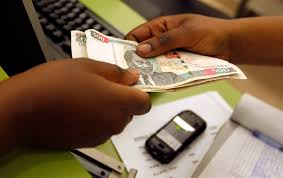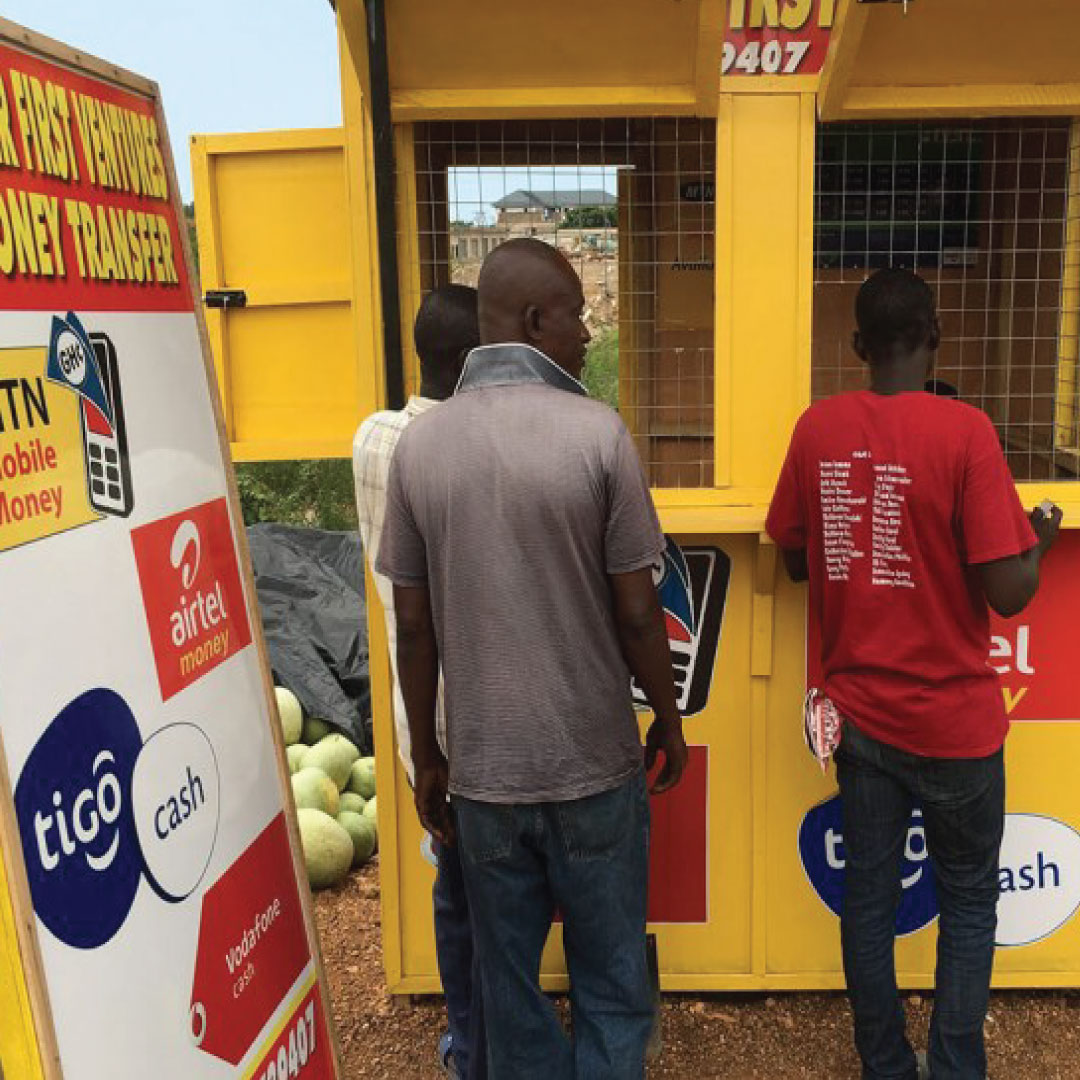East Africa has become where mobile money is used the most since MPesa’s quick rise to fame in Kenya created a new market for business and customer payments. Tanzania, Rwanda, and Uganda all had similar results.
Additionally, Ethiopia is just starting to experience the benefits of mobile money.
But some of the most promising mobile money markets on the continent are in West Africa, which joined the change late but is now setting the standards for it.
Read also: US Ambassador hails Kenyan mobile money transfer platform M-Pesa
No more latecomer
Kenya was the poster child for mobile money, and the payment method remains a fundamental element of how Kenyans, residents, and visitors deal daily, but it is no longer the only illustration of how mobile money can revolutionize countries.
Ghana had 4.26 billion mobile money transactions in 2021, up 48.6% from 2.85 billion in 2020. In contrast, Kenyan mobile money transactions rose 5% to 2.8 billion in 2022.
Ghana has roughly 70% of Kenya’s GDP, which explains why this is crucial. Mobile money transactions accounted for 82% of Ghana’s 2021 GDP.
This is comparable to Kenyan data from Global Voice Group, a Spanish data and compliance tech business, at 68% and the Boston Consulting Group at 87%. The World Bank says Ghana has the fastest-growing mobile money market, which is noteworthy.
Kenya may see fewer mobile money transactions due to new government tax policies that may monitor wallets for tax purposes.
However, MPesa, Kenya’s primary mobile money service, is losing its transaction value advantage in Africa’s mobile payment ecosystem. Smaller West African nations are the next growth frontier.
Mobile money becomes trustworthy in Africa
Mobile money ecosystems are becoming trustworthy and essential financial services actors in Ghana and other West African countries.
The GSM Association’s State of the Industry on Mobile Money Report 2023 shows that West Africa had 27% and 30% growth in registered and 30-day active mobile money accounts, while East Africa had 12% and 8%.
The GSMA states that East Africa leads in transaction value and volume, but it has declined for two years. However, West African active accounts are rising faster than registered accounts every year.
What’s driving this new booming market?
Mobile money is expanding in West Africa for many reasons:
Mobile money regulatory improvements have allowed telecoms and fintechs to enter.
As mobile money becomes more popular and convenient, a flywheel effect recruits additional users.
Government support for digital payments to boost revenue and economic formalization.
In the 8 countries of the West African Economic and Monetary Union (WAEMU, also known as UEMOA), fintechs are taking advantage of economic integration to increase mobile money use. For instance, Senegal’s Wave became the first non-bank, non-telecom operator in multiple WAEMU markets to receive an E-money (EME) license from BCEAO.
West Africans are beginning to trust digital financial players as their primary transaction method, but the gap that continues to be closed is the most exciting part of mobile money’s rise.
Adoption rates for the internet and smartphones are still going up quickly, but rates of financial inclusion are still low.
P2P mobile payments companies, fintechs, and banks in more prominent countries, like Nigeria, are starting to put in more effort to reach the biggest possible market in the area. In other words, people will continue to want mobile digital payment ways for a while.


